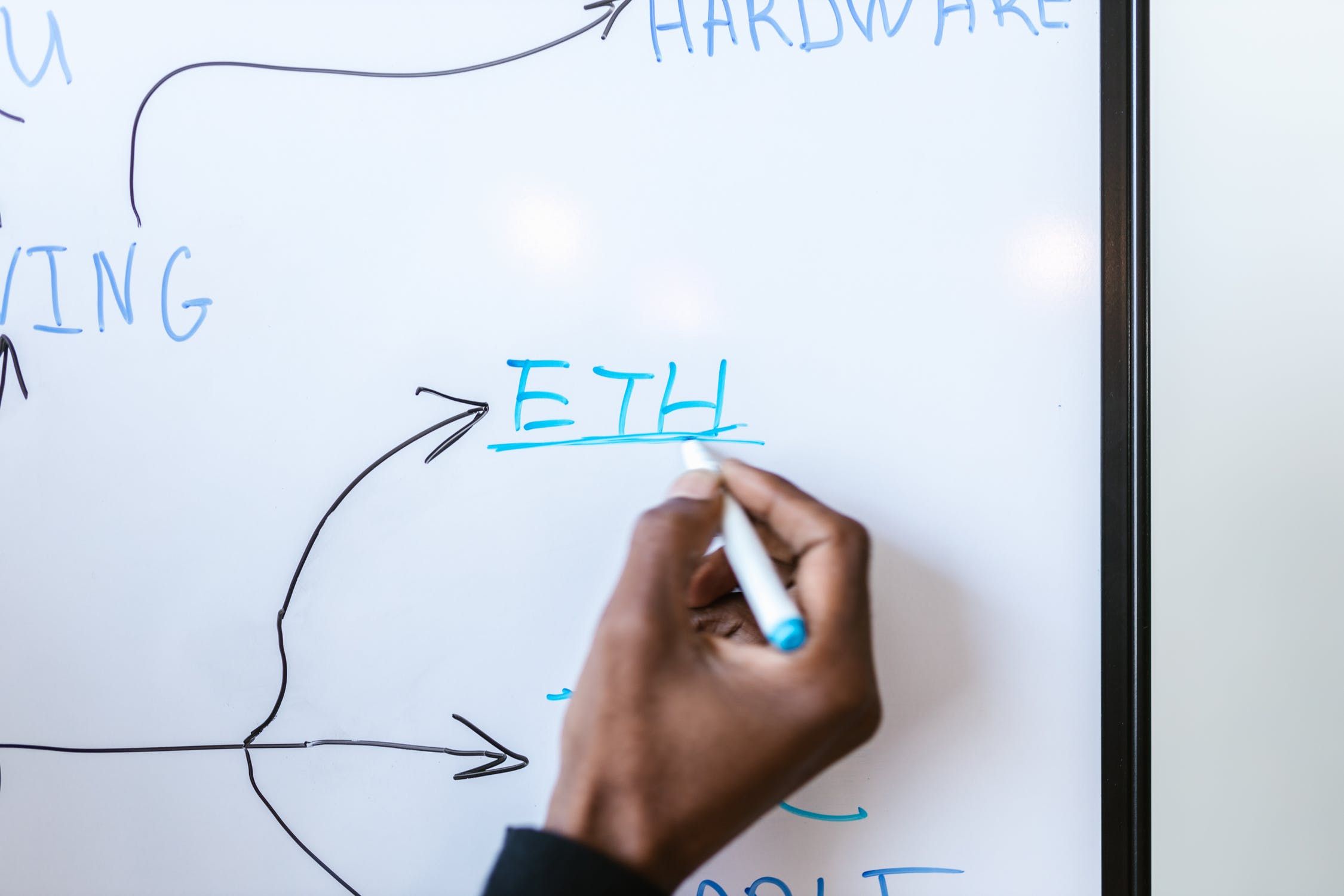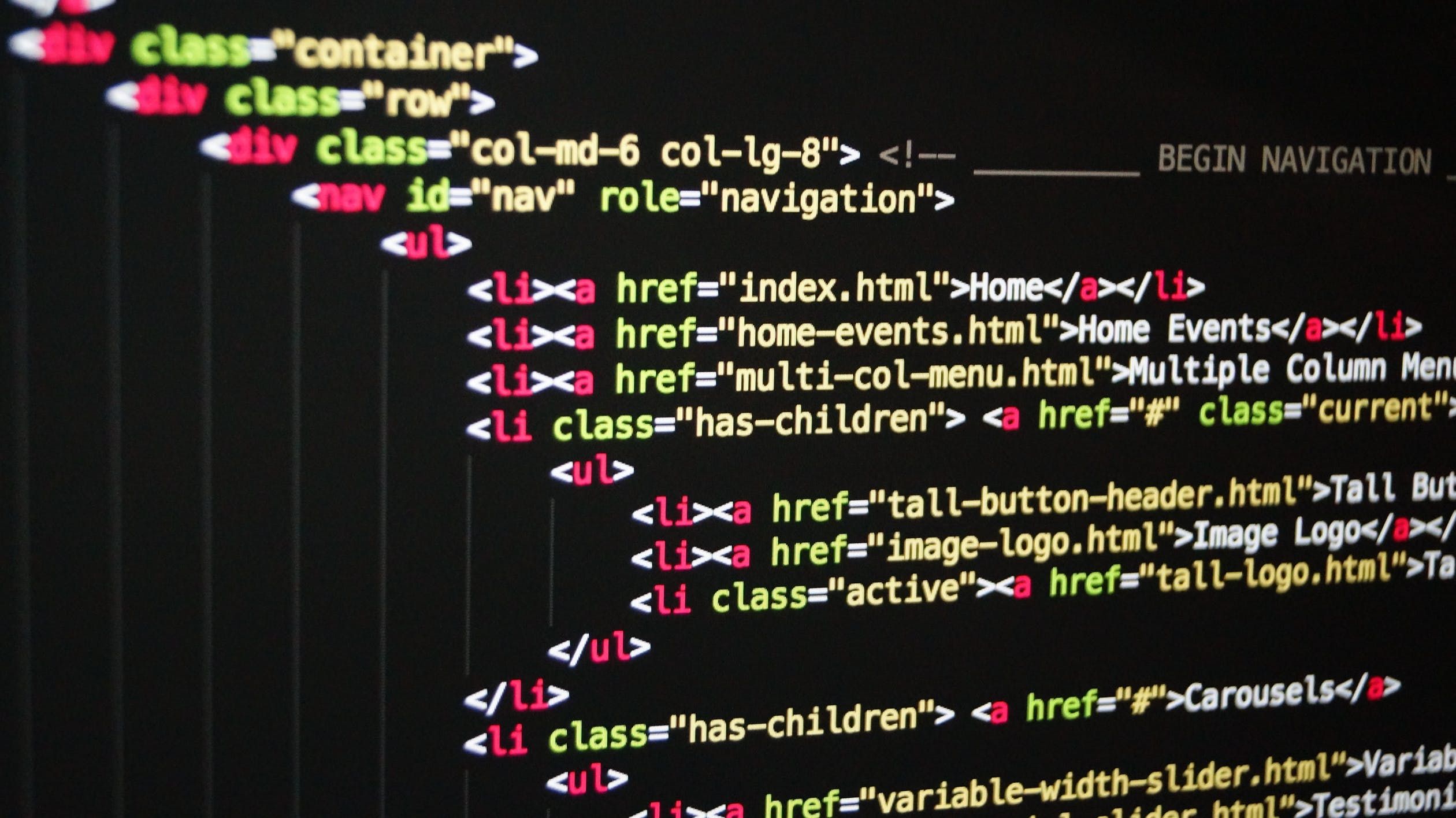A part of the enchantment of blockchain know-how is how these tasks unfold out determination energy to greater than a government. As a result of anybody on this planet can hop onto a blockchain service, builders must discover a solution to retains transactions, replace rollouts, and voting energy unfold out and honest.
The ideas of how and why these tasks create a decentralized authority have just lately been outlined as blockchain governance.
What Is Governance?
In plain phrases, governance is the administration or construction a participant in a system agrees to when getting into into that system. Governance shouldn’t be solely the principles {that a} consumer has to comply with but additionally the punishments for not following the principles.
Governance tends to fall into two totally different classes: direct and consultant. Direct governance is sort of a democracy, the place customers decide selections and actions with no middleman. Consultant governance programs have customers create representatives that submit votes on their behalf as a substitute.
For blockchain programs, governance is usually how the blockchain ecosystem decides on which enhancements to enact. Customers of the blockchain ecosystem create proposals, which then obtain votes from the remainder of the group based mostly on the participation guidelines created by the blockchain builders. As soon as the votes are in, the builders then see if the advance plan succeeds or not.
Why Do Blockchains Depend on Governance?

The primary motive why blockchains want governance is similar motive any software program or laptop system does: they want guidelines to perform.
When builders create code, they’re defining the principles that the system makes use of to supply its outcomes. With none guidelines to resolve what occurs when customers enter an enter, the system won’t work. This limitation is why you are able to do math in a calculator app in your telephone, however cannot textual content message with that app. The calculator app would not have the principles programmed to deal with texting.
Blockchain programs are not any totally different. For the ecosystem to work, guidelines must be created by builders on the blockchain. Because the builders create these guidelines by making code for the blockchain, they set the options and capabilities of the blockchain. The adjustments you see between totally different blockchains signify how these builders plan to resolve or enhance on different programs that got here earlier than them.
Nonetheless, there’s one key characteristic of a blockchain that different laptop programs haven’t got to fret about: decentralization.
Customers of blockchain programs anticipate there to be some side of decentralization, the place the customers of the system additionally assist decide the destiny of the system with out being overruled by the creators of the system. So, these customers anticipate there to be a way for them to take part in determining what path the ecosystem will go.
Whereas not all cryptocurrency tasks dwell as much as their guarantees of decentralization, equivalent to Solana, customers nonetheless anticipate it when utilizing blockchain providers.
Examples of Governance

With the big selection of cryptocurrency tasks on the market proper now, there are many examples on the market to showcase how governance works in another way. As a result of all governance for a blockchain system includes the blockchain itself, there are two methods governance for these tasks performs out: on-chain and off-chain.
On-Chain Governance
On-chain governance refers to blockchain governance that takes place on the blockchain. Any such governance includes the voting on and implementation of adjustments to the blockchain protocol.
These adjustments are proposed by builders and customers of the blockchain ecosystem. Every blockchain has a unique place the place these proposals are posted. As soon as posted, contributors of the blockchain learn these proposals and resolve if the proposal is an efficient selection for an replace to the ecosystem or not.
Historically, these proposals are referred to as enchancment proposals due to the recognition of the 2 largest blockchain ecosystems; Bitcoin and Ethereum. These blockchains use Bitcoin Enchancment Proposals (BIPs) and Ethereum Enchancment Proposals (EIPs) to vote on adjustments that permit the blockchain to enhance over time.
As mineable cryptocurrencies, Bitcoin and Ethereum customers vote on proposals by committing mining energy. If the proposal receives sufficient mining energy, the proposal goes by means of, and the replace begins with the subsequent block within the blockchain.
Off-Chain Governance
Off-governance refers to governance actions that happen past the blockchain ecosystem. Any such governance refers to conversations concerning the blockchain system in locations apart from the advance proposal remark part.
On-line boards, social media, and comparable purposes all have communities that debate blockchain upgrades and options. Whereas these locations don’t have any voting energy to enact adjustments, they provide customers a spot to debate concepts with out committing to the prolonged course of an enchancment proposal could be for some chains.
Lots of the huge blockchain tasks additionally host conferences or current audio system to debate concepts involving the system. These conferences additionally rely as off-chain governance since in addition they give of us a spot to debate proposals with out committing something to the blockchain.
Different Examples of Blockchain Governance
There may be extra to blockchain governance than simply the advance protocols. Every a part of the blockchain ecosystem has design decisions that create decisions or choices for customers to resolve learn how to work together with the system.
For instance, many blockchains are open-source, which means that their code is seen to anybody who desires to go in and test it out. Folks can select to fork the mission when huge selections trigger a divide in the neighborhood or if somebody will get a brand new concept.
A forked mission makes use of the code of the earlier mission to make one thing new. This type of governance offers customers a solution to create competitors and reject or create main adjustments to earlier tasks.
Customers additionally take part in governance when utilizing consensus protocols to confirm transactions. These governance protocols give miners and stakers a solution to govern which transactions and protocol upgrades undergo.
Lastly, many crypto-based apps like decentralized cryptocurrency exchanges have governance tokens. These tokens give the app customers a solution to vote in protocol upgrades similar to blockchain customers, however the improve solely applies to the appliance. Some governance tokens even have monetary perks tied to them, however total give customers a solution to resolve what path to take the appliance.
Blockchain Governance Retains Crypto Decentralized
No matter which type of governance you take a look at, blockchain governance seems to be to make the blockchain and associated purposes decentralized. Anybody should buy right into a cryptocurrency or governance token and begin voting on proposals, which means anybody can have a voice in how their favourite tasks develop.
Learn Subsequent
About The Creator